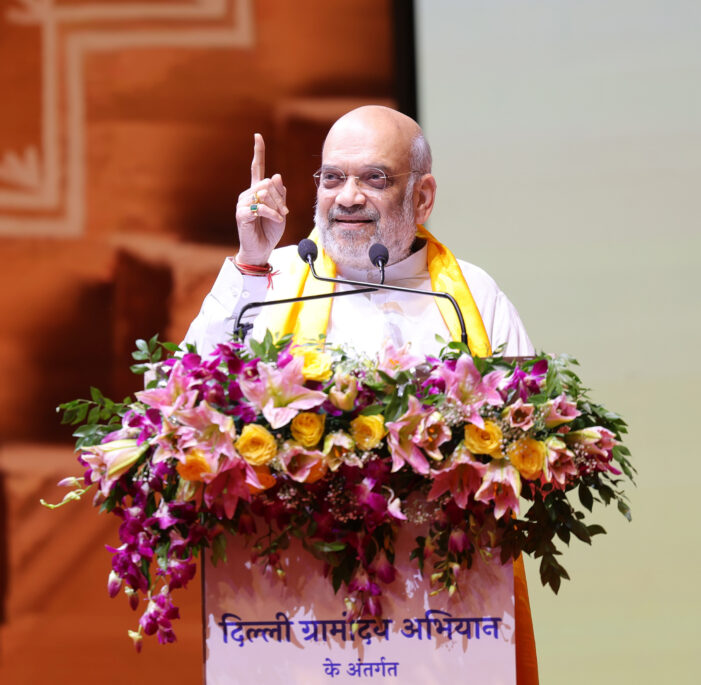Following the enactment of rules governing the Citizenship Amendment Act (CAA) by the government, the Ministry of Home Affairs (MHA) launched a web portal on Tuesday to facilitate applications for Indian citizenship from individuals persecuted on religious grounds in Afghanistan, Pakistan, and Bangladesh.
The newly introduced web portal (accessible at https:/indiancitizenshiponline.nic.in) coincides with the MHA’s notification of the rules under CAA 2019, now referred to as CA 2024. These rules extend Indian citizenship to refugees belonging to six minority communities – Hindus, Sikhs, Buddhists, Jains, Parsis, and Christians – who sought refuge in India before December 31, 2014.
Notably, the previous law required migrants to reside in India for ‘not less than 11 years’ to qualify for citizenship, a duration reduced to ‘not less than five years’ for eligible persecuted minorities under CAA.
According to the MHA’s annual report for 2021-22, a total of 1,414 individuals from these non-Muslim minority communities in Pakistan, Bangladesh, and Afghanistan were granted Indian citizenship through registration or naturalization under the amended Citizenship Act, 1955.
The original Citizenship Act of 1955 (57 of 1955) was instituted to regulate the acquisition and determination of Indian citizenship.
Against the backdrop of historical trans-border migration between India and the regions encompassing Pakistan, Afghanistan, and Bangladesh, millions of individuals of varied faiths from undivided India found themselves residing in what became Pakistan and Bangladesh post the 1947 partition.
A notable aspect is the designation of specific state religions in the constitutions of Pakistan, Afghanistan, and Bangladesh, leading to persecution of individuals from Hindu, Sikh, Buddhist, Jain, Parsi, and Christian communities on religious grounds.
The severity of persecution prompted many to seek refuge in India, albeit often with expired or incomplete travel documents, rendering them technically illegal migrants under previous legislation.
To address their plight, the Central government exempted these migrants from penalties under the Passport (Entry into India) Act, 1920, and the Foreigners Act, 1946, while also granting them long-term visas.
However, under the leadership of Prime Minister Modi, the government has extended eligibility for Indian citizenship to these persecuted non-Muslim migrants, specifying a cutoff date of December 31, 2014.
The Citizenship Amendment Act (CAA) streamlines the citizenship acquisition process for migrants from these communities, enabling them to apply for Indian nationality, subject to prescribed conditions and procedures.
Notably, the CAA provides immunity to these migrants against any ongoing proceedings regarding their migration status or citizenship matters, facilitating their citizenship applications.
Furthermore, amendments to the Third Schedule of the Citizenship Act allow applicants from these communities to qualify for citizenship by naturalization after five years of residency, instead of the previous requirement of eleven years.
Importantly, the CAA safeguards the constitutional rights of indigenous populations in northeastern states covered under the Sixth Schedule and those in areas protected by the “Inner Line” system of the Bengal Eastern Frontier Regulation, 1873.

